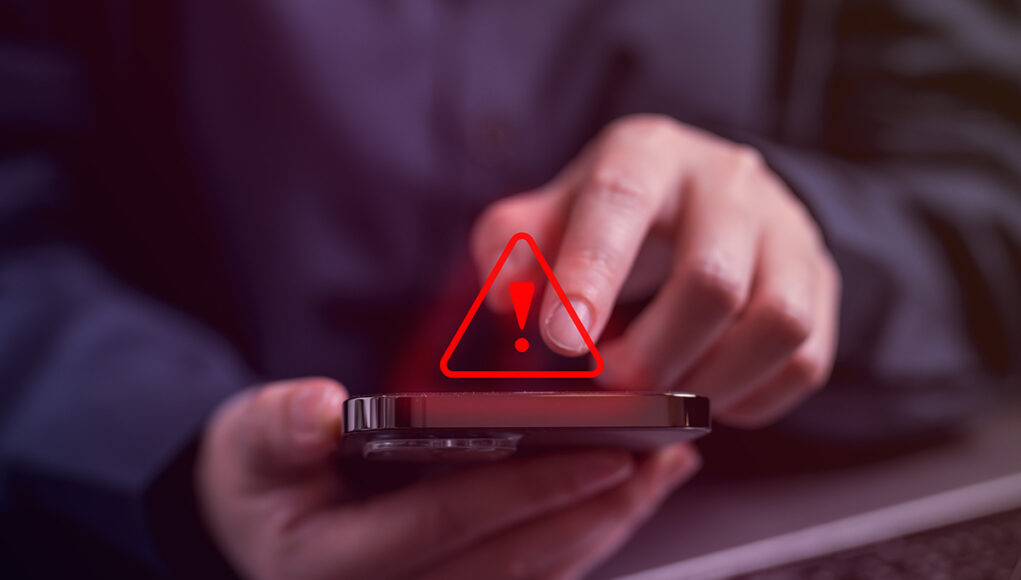In an alarming uptick of deceptive practices, individuals are targeted by a scam operating from 888-208-9884. This scam is not your typical robocall offering a free vacation. Instead, it’s an insidious attempt to exploit and intimidate victims into paying fictitious debts.
How the Scam Works:
- Contacting People Unrelated to the Debt: The scammers may contact your family, friends, current or former employers, and neighbors. Their strategy is to instill panic, embarrassment, or fear, pushing you to reach out to them and fall into their trap.
- Misinformation and Threats: These callers might state misleading details, claiming you owe money, are being sued, or that there’s a legal action pending against you.
- Impersonation: The callers often pretend to be “process servers”, implying they’re involved in serving legal papers. In reality, they are likely part of the same scam team.
Red Flags to Watch Out For:
– Being told you’ll be served at work and requiring a supervisor or HR presence.
– Claims that you need to show two forms of ID if they serve you.
– A phone call asking for payment or a “stop order” to prevent legal action.
Know Your Rights: Real debt collectors must prove that a debt exists, you owe it, and they’re authorized to collect it. Under the FDCPA:
– They must send a communication (e.g., letter, email, text) within 5 days of first contact.
– This communication should contain essential details about the alleged debt and the collector’s information.
– It should also inform you of your right to dispute the debt within 30 days.
Take Action! If you encounter this scam or anything similar:
- Do not engage or share personal details.
- Report the incident to the Consumer Financial Protection Bureau (CFPB): https://www.consumerfinance.gov/
- Consider also reporting to the FTC, although they redirect to the CFPB: https://reportfraud.ftc.gov/#/assistant
- Alert your State’s Attorney General’s office. Find your State AG here: https://800notes.com/faq/attorney-general
Share this information with friends and family.
Let’s work together to shut down these scammers and protect our communities.







